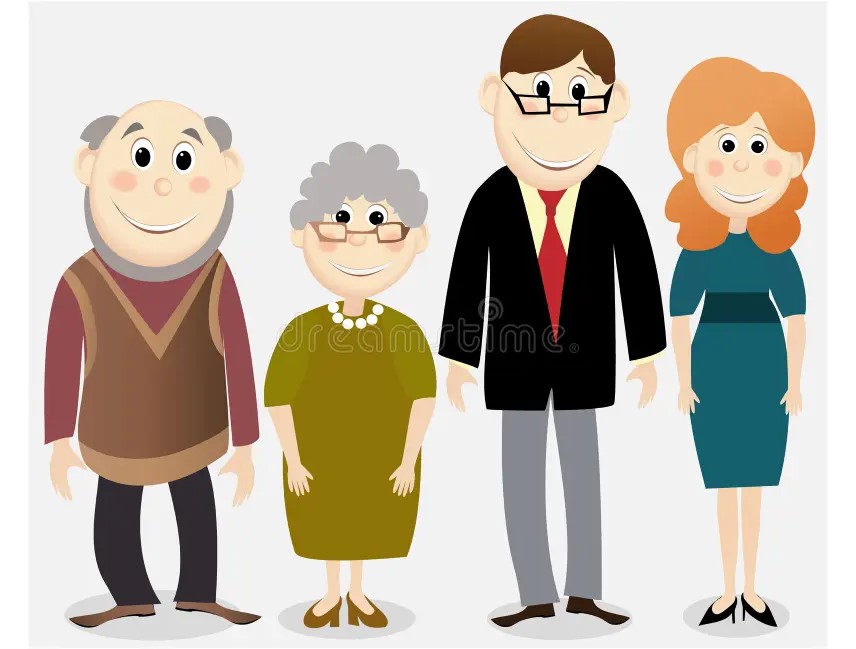After decades of seeing how it is used, an uncle is simply an 'elderly Goan male worthy of respect', and likewise for aunty

The other day, a friend's daughter made this 'mistake' of addressing me as 'uncle' on a public discussion group. Someone took offence. They were worried, and half-jokingly said, that they might be called 'aunty' next. Not that it bothered me. Not one bit.
I've seen folks in Goa who get upset by this form of addressing elders. This is more so among the English-speaking populace, the returned expat or the East Africander, who take it amiss when someone who's not their sibling's child uses this term to address them. Understandably so.
In the English language, the word an 'Uncle' is "the brother of your father or mother". At the very most, the husband of your aunt. In parallel, with an 'Aunt'.
In a Goan (especially Catholic) context, the Uncle remains as it is, but an aunt often becomes aunty. For instance, Aunt Romilla would be referred to as Aunty Romilla. Elsewhere in India, it could become Romilla Aunty.
So, are the words 'uncle' and 'aunty' acceptable in today's usage? Should we feel offended by the same? Should we protest, and nip it in the bud? That is precisely my point.
In a Goan context, whether Konkani, Konklish (as our friend the late journalist Valentino 'Val' Fernandes would put it), or English, the words uncle and aunt don't mean the same thing as they do in the English language.
To my mind, and after decades of seeing how it is used, an uncle is simply an 'elderly Goan male worthy of respect', and likewise for aunty. This word is said with some respect.
We are told that societies that respect age and encourage older people to participate in their lives are called age-friendly societies. Goa used to be one of these. Till very recently, when the Western and urban trend of worshiping youth has come to the fore.
This is sad, more so because Goa is itself a fast-ageing and a greying society. We need to recognise the worth of our elders, and also treasure that. For society's and everyone's sake, we need to plug in this section of society, help it to contribute productivity, and not make them feel useless just because many of them may have formally "retired".
In Mumbai (then Bombay), it was surprising to walk by Churchgate and see the Mallu roadside salesmen call out "Uncle, uncle". How did they know one's religious or regional identity? Or, did they use the term for everyone?
In Goa, things are different. This term, as noted above, is used respectfully. You don't get the impression that anyone is using it cheekily. Or undeservedly.
Some poor kids might get seemingly too close to you, if you're class-conscious, by using one of these terms. But, believe me, it's their way of saying that (i) they don't want to seem over-familiar by, heavens forbid, using your first name (or surname) (ii) and, they're trying to show that they have a certain respect for you.
It's the English speakers that get flummoxed by this term. Just like they get puzzled by some other Konkanisms which are used as conversation-starters. The greeting "Boslea?" (Are you seated?) or "Nusteak kitem?" (What's for fish today?) isn't meant to be taken as a question, literally. It's the Goan equivalent of the British comment on the weather, which acts as a conversation-starter there.
It's time we recognised that each language -- or dialect -- has its own nuances, and we should not read one, thinking it was the other. I know some people who get very upset on being called 'uncle' or 'aunty'. Some protest, saying it makes them feel excessively old. Others say why create a relationship when none exists? But this all is based on a misunderstanding....
There was a time when one could walk through the Mapusa market, and ask the fisherwoman, "Kitleak dila ghe?" (How much is that for?) The 'ghe' at the end of the sentence was a marker of respect. In this case, the fisherwoman might have been less educated than the average shopper, but respect was given on grounds of age.
As one grows older, you wouldn't address a younger fisherwoman as "ghe". She's think you're trying to act funny, fresh, make her older than she is (unflattering, specially to a woman), or claim to be younger than you are (untruthfully).
Goan forms of address are encoded with status-markers that reflect the class (sometimes caste), age, respect, gender and such factors. To me, it marks the respect that we owe to age and experience. Let's accept it with grace.
By the way, the Konkani word 'zantto' has more to do with knowledge than mere age! That's such an amazing perspective, it's only when elders start getting disregarded and discarded in our society that we will realise the richness of such a worldview. It was while in Sydney, Australia, that one felt how being over 35 (at that time) resulted in being out-of-place on a Saturday evening.
Having lived in an ex-migrant English-speaking family, ours too was influenced by the kind of thinking mentioned above. One elder would get very upset on being addressed as 'uncle'. He would shoot back: "Am I your aunty's husband or your mother's brother?" In a sense, this was right. But it also reflects the misunderstanding of how the local scene speaks.
To end on a not-so-serious note: Spiced with a touch of malice and a bit of spite, I encouraged a young kid (girl, aged 2) to call my friend's naughty nine-year-old boy 'uncle'. She innocently complied. Both have grown up since; and both have not forgiven the joke played on them.
But these are exceptions, and the wider reality is something else.